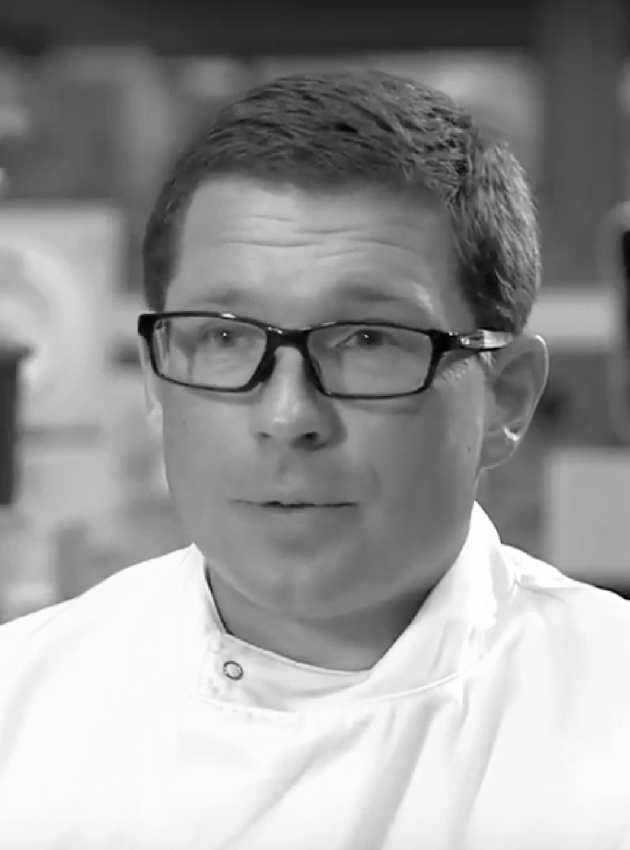Five minutes with Dr Kirill Veselkov, Lecturer, Computational Medicine Group

1. Tell us about your research in a nutshell.
My team and I take the wealth of biomedical data that is publicly available and use computational methods to gain valuable, actionable insights in the fields of global health and disease.
2. Tell us about some of your projects.We have two very exciting recent projects that demonstrate the breadth of the work we do.
Firstly we partnered with the Vodafone Foundation to develop DreamLab. This is an app that harnesses the distributed computing power of our idle smartphones to process the enormous calculations of a cancer genome research project while we sleep. "
Firstly we partnered with the Vodafone Foundation to develop DreamLab. This is an app that harnesses the distributed computing power of our idle smartphones to process the enormous calculations of a cancer genome research project while we sleep. My team has developed an algorithm that breaks up the necessary work into millions of self-contained 1MB chunks that can be handled by individual phones. As part of our project (called DRUGS – Drug Repositioning Using Grids of Smartphones), we aim to identify novel indications or alternative uses of the existing drugs tailored to genomic makeup of cancer. With 100,000 people using the app we will be able to complete these calculations in 3 months. To put this into context, using one desktop computer to complete the calculations would take 300 years. You can read more about the project here.
In the second project we crunched data to be able to definitively prove certain foods are anticarcinogenic. We did this by creating a bespoke machine learning (AI) strategy which can be used to predict, based on genomic networks, whether certain individual or combinations of compounds will have cancer-beating effects in the human body. It was trained using DreamLab generated data on clinical approved therapeutics tested in human trials. A comprehensive database of food properties was fed into the model, which showed, for example, that cabbage, soy beans, garlic, and cactus pear all contained profiles of compounds that were highly likely to be effective in fighting cancer. From this you can proactively build an anticancer diet or one that would at least supplement a medical treatment plan. This is a progressive way of approaching diets, enabled by data science. Thinking very far ahead we have dreamed of restaurants that you could go to with a profile of your current health and have dishes tailored to your specific nutritional needs.
3. What impact could your research have for our industry partners?
I envisage that the future of medicine is data-driven."
I envisage that the future of medicine is data-driven. Currently there are massive and valuable publicly available data sets recording everything from individuals’ biology to their behavioural characteristics but only a fraction of this information is being put to use. McKinsey estimated in a recent report that the volume was as low as 10% of the available data!
We must invest in advanced machine learning and data analytics in general to extract actionable insights from this data if we want to realise powerful advances in precision medicine, precision nutrition and drug development.
My group can work with companies to analyse the data they have, mash it up with other available data sets and unlock significant value from these data sources by developing bespoke big data analytics solutions. We employ a range of technologies covering imaging informatics, high-performance computing, machine learning and natural language processing to transform unstructured and structured data types into actionable insights, e.g. more cost-effective drug development for the pharmaceutical industry.
It should not be forgotten that our technologies are only powerful because of the domain-specific knowledge of the experts we work with – including industry experts. For this reason collaboration is not only exciting but integral to our work.
4. What's interesting you most about your field at the moment?
If I had to pinpoint one thing it would be the development of precision nutrition, given the current problems faced by the population. For example, it has been predicted that by 2020 8/10 British men will be obese, which will put an enormous strain on health resources (Source: National Heart Forum). However this is largely preventable through changes in lifestyle and diet. Also, up-to 40% of all cancers are preventable by dietary and lifestyle changes alone. With the explosion in the amount of publicly available data on food chemistry and biology, we have a unique opportunity to personalise food and dietary recommendations for people.
We have just launched a manifesto on the interwoven future of computing and food, which you can read here. Data science can have a very immediate impact in this area by allowing us to make predictions at scale and then find solutions on an individual level. We can also use data science to reduce inefficiencies and make novel discoveries on a scale in medicine that no individual expert can achieve on their own. It’s a very powerful tool.
5. Who/what sectors would be interested in hearing more about your research?
Because our work creates tools that process data our pool of potential collaborators is large, however some examples are:
- Pharmaceutical industry
- Food and nutrition companies
- Companies carrying out AI-related research
- Analytical instrument manufacturers for mass spectrometry and "-omics" analysis
- Telecommunications companies looking to expand into the digital health sector
Learn more about Imperial’s Computational Medicine Research Group